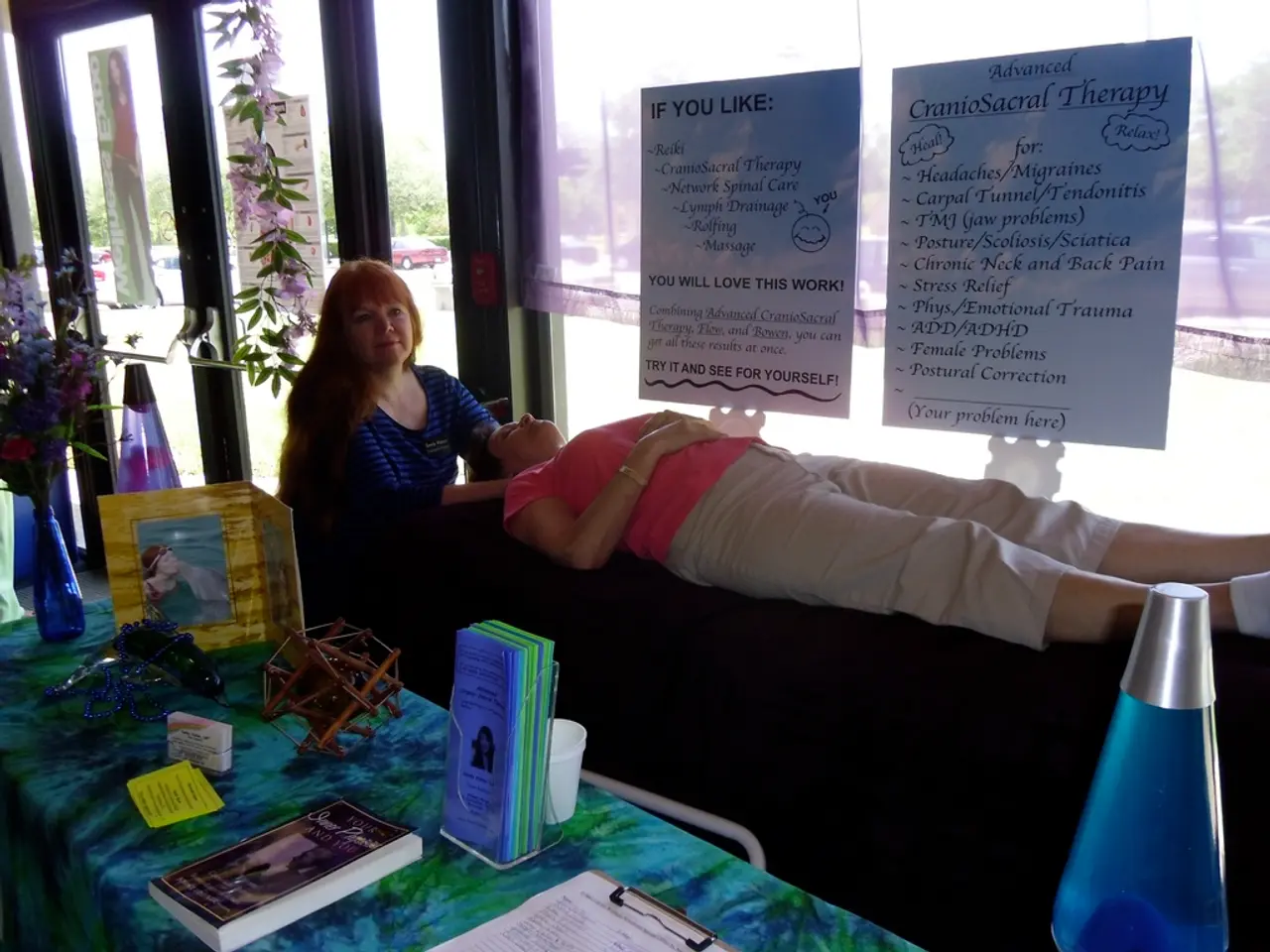Unhealthy Indicators of a strained Sibling Bond
Managing Toxic Sibling Relationships: Recognizing and Coping with Unhealthy Dynamics
Dealing with a toxic sibling can be a challenging and emotionally draining experience. Here are some signs to look out for and strategies to help navigate such relationships:
Signs of a Toxic Sibling Relationship
A toxic sibling may exhibit behaviours such as constant criticism, lack of empathy, emotional manipulation, jealousy, competition, and frequent negative interactions that undermine self-esteem. They may constantly disapprove of your choices, belittle your achievements, guilt-trip or emotionally blackmail you, ignore your emotional needs, and create an environment of control and emotional harm.
Other signs include persistent belittling or mocking of your interests or successes, manipulative tactics to control or guilt you, turning family members against you, emotional withdrawal when you need support, and increased rivalry that feels hostile rather than normal competition.
Dealing with a Toxic Sibling Relationship
- Set Clear Boundaries: Define what behaviour you will not tolerate and communicate these limits firmly but calmly to your sibling.
- Limit Interactions: Reduce the amount of time and emotional energy spent with the toxic sibling, especially if interactions consistently leave you hurt or drained.
- Seek Support: Share your experiences with trusted family members, friends, or counselors who can provide emotional support and perspective.
- Avoid Engaging in Manipulation: Recognize manipulative tactics like guilt-tripping and refuse to be drawn into unhealthy emotional games.
- Protect Your Well-being: Prioritize your mental health, and if needed, involve a therapist or mediator to address complex family dynamics.
- Recognize When to Disengage: In cases where toxicity is severe and persistent, it might be necessary to consider emotional or physical distancing to protect your mental health.
If your parents don't believe you about your toxic sibling, try to calmly explain your feelings and provide examples of their behaviour. If they refuse to listen, focus on protecting yourself.
Improving Sibling Relationships
To improve the relationship between siblings, it is recommended to not take it personally, find support, not perpetuate sibling rivalry, talk about it with them, accept the reality of the situation, invest in family relationships, get help if you need it, and focus on your well-being.
Sibling rivalry can escalate into toxicity when it involves constant hostility, manipulation, or emotional abuse. It's important to remember that abuse should never be tolerated in any relationship.
In a 'bad' relationship between siblings, it is crucial to try to solve it in one way or another so that it does not affect you on an emotional level. Healthy sibling relationships include mutual care and understanding, which a toxic sibling may lack.
In a one-sided and unhealthy relationship, a sibling only reaches out when they need something but disappears when you need help. Siblings can exhibit signs of a toxic relationship, such as constant criticism and belittling, manipulation and control, jealousy and competition, frequent blame and guilt-tripping, lack of support or empathy, emotional or physical abuse, disrespecting boundaries, favoritism, and parental manipulation.
Frequent fights between siblings during childhood that turn into a bad bond in adulthood can lead to situations of discomfort within the family, revealing a certain rivalry, hostility, competitiveness, jealousy, and sometimes hatred. Some siblings manipulate parents to gain advantages, creating a toxic environment of favoritism.
Understanding these signs and taking proactive steps can help safeguard your emotional well-being and foster healthier family interactions over time. If a relationship is harming your mental health, it is a valid choice to cut off that sibling. Verbal insults, threats, gaslighting, or physical aggression are clear indicators of a toxic dynamic.
Sources: [1], [2], [3], [4]
- The constant criticism, lack of empathy, emotional manipulation, and frequent negative interactions from a sibling are signs of a toxic relationship, which can negatively affect mental health and self-esteem.
- To cope with a toxic sibling, it's essential to set clear boundaries, limit interactions, seek support, avoid engaging in manipulation, protect personal well-being, and, if needed, involve a therapist or mediator to address complex family dynamics.
- Sibling relationships can impact mental health significantly, and it's crucial to recognize toxic dynamics and take steps to improve them or disengage when necessary for personal well-being.
- Sibling rivalry can escalate into unhealthy mental-health-related issues if it involves constant hostility, manipulation, or emotional abuse, which should never be tolerated in any relationships.
- In a toxic sibling relationship, one might experience feelings of resentment, anxiety, and stress, and it is vital to prioritize mental health and consider emotional disengagement to maintain a healthy lifestyle and manage family dynamics.




